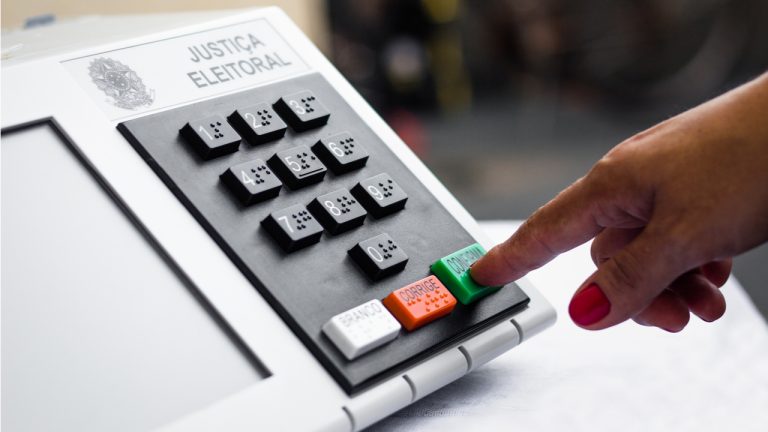
Brazilian Voting Authority Might Include Blockchain Tech in Future Elections
The Brazilian voting authority (TSE), has publicly declared it is studying blockchain as a technology that might help the organization in its task of organizing ballots. Celio Castro Wermerlinger, coordinator of modernization of the institution, stated that this decentralized ledger tech was included in a research program called “Elections of the Future.” Brazilian TSE Is Researching Blockchain Tech Blockchain tech is being included in several solutions designed for various applications, including ballot and voting technologies. The Brazilian voting authority....
Related News
Experts explain why blockchain-based systems are still more efficient then paper ballots or online voting systems The 2020 United States presidential election was met with an increase in mail-in ballots due to COVID-19 concerns. Yet while many Americans stayed away from polling stations this year, postal delays, rejected ballots, and other challenges emerged.Unsurprisingly, better ways for casting votes during major elections quickly became a hot topic of discussion. This has also led some in the crypto community advocating with renewed vigor for a blockchain-based voting system to be used....
That being said, scaling decentralized e-voting systems is a complex task. In an interview with Cointelegraph, Charles Hoskinson suggested that a Cardano-based solution might make blockchain voting possible for future national elections. He stated: “Not only do I believe — we've been building the infrastructure for that."Hoskinson acknowledged that the road to Cardano-based elections would be gradual and require a number of experiments. He suggested that it could start with third parties using the network for their primaries, before escalating to municipal and state elections. From there,....
Calling electronic voting “inevitable,” a new paper by Philip Bucher for the European Parliament speculates on the possibility of Bitcoin’s revolutionary blockchain technology to bring transparency, efficiency, and greater fairness to elections in its various member democracies. The paper first notes that because electronic voting is in its infancy, there are still many unknowns, but then jumps straight to the point: Now we have a further choice; to continue trusting central authorities to manage elections or to use blockchain technology to distribute an open voting record among citizens.....
Transparency and accessibility to information have always been issues dealt with during elections. Lest we forget the insanity in the United States during the elections of 2000. Recount after recount to ensure that the votes were properly counted and ultimately the courts decided. Well, Blockchain Technologies Corp. (BTC) is here to change voting. We have been tracking the development of BTC’s tech here at CCN.LA. But just a few weeks ago the folks at BTC took a trip to San Antonio, Texas to demo the technology for the Libertarian Party of Texas’ (LPTexas) 2016 State Convention. The....
Romania is the first EU country to use a voting reporting tool that is based on blockchain technology for national elections. For the first time in Romania, the recent national parliamentary elections, which were held in November, used blockchain technology with the main purpose to guarantee the integrity of the electoral process and to strengthen its transparency. The government aimed to ensure tamper-proof and real-time data on voters’ presence.There is still a way to go for the voters to be empowered to record, manage, count and check the votes themselves (without bypassing it to the....





